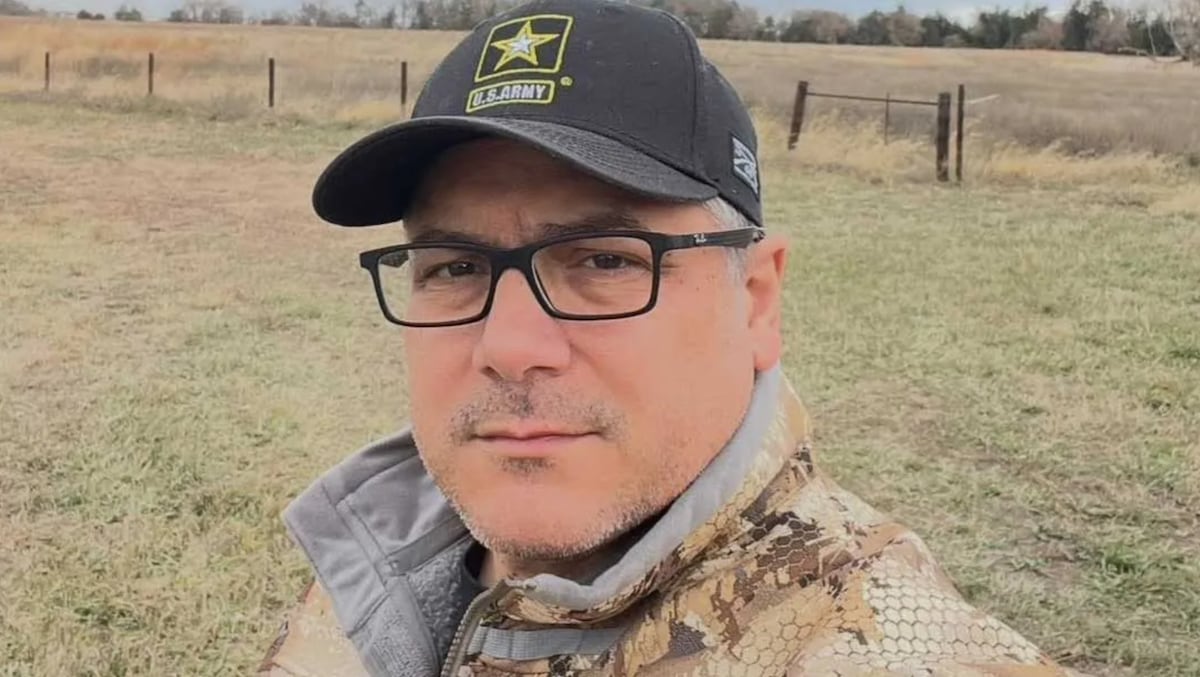A significant recruitment fraud investigation has profoundly affected the lives of numerous soldiers, including former Army intelligence officer Luis Visalden. Between 2012 and 2017, thousands of service members faced scrutiny for allegedly receiving bonuses for recruiting new enlistees into the National Guard and Army Reserves. The fallout from this inquiry has led to serious personal consequences, including job loss, strained family relationships, and enduring mental health challenges.
Visalden, who served in Iraq, participated in two military recruiting programs: the Guard Recruiting Assistance Program (G-RAP) and the Army Reserve Recruiting Assistance Program (AR-RAP). These initiatives compensated soldiers for their efforts in recruiting new members. In 2012, the Army Criminal Investigation Division (CID) began a probe after allegations of fraud surfaced, ultimately leading to a costly investigation that lasted for years.
Critics, including Jeffrey Addicott, director of the Warrior Defense Project at St. Mary’s University School of Law, have described the investigation as a misguided effort. He noted that the CID was “out to get scalps,” resulting in an expenditure of approximately $28 million while recovering only around $2.5 million in fraudulent payments, with less than $500,000 returned to the treasury.
The implications of being investigated were severe. Even without a conviction or arrest, service members such as Visalden faced a process known as “titling,” which marks them as potential criminals in civilian databases. This label can linger for years, causing lasting damage to reputations and careers. Visalden expressed his frustration, stating, “I got treated like garbage after doing everything good for God and country.”
In June 2015, after being informed of the investigation, Visalden received an other-than-honorable discharge from the Army. The aftermath was devastating. He lost his military career, faced severe stress, and ultimately saw his marriage deteriorate. Relocating to Ohio in search of work, he grappled with the psychological toll of the investigation, which he described as a “stigma” that impacted his social connections.
Visalden’s experiences reflect a broader pattern of distress among those involved in the investigation. Lee Hughes, another soldier implicated in the G-RAP program, was forced to accept a job with a salary cut of $60,000 and incurred substantial legal expenses to defend himself. He shared that being associated with such allegations left him feeling like an “outcast” among his peers.
In November 2022, Visalden received a certified letter from the CID stating that the charges against him had been unfounded. He subsequently hired attorney Doug O’Connell, and after a lengthy process, his discharge status was upgraded to honorable. While this development provided some sense of vindication, Visalden reflected on the years lost, asking, “What’s that mean to me?”
Despite achieving stability in his professional life and securing a new home in Cookeville, Tennessee, the emotional scars remain. Visalden now suffers from headaches and dental issues attributed to years of stress. He also continues to deal with the repercussions of his past military service and the associated mental health challenges, including PTSD.
The investigation has left a profound impact not only on individuals like Visalden but also on their families. He acknowledged the broken relationships with his children, attributing part of this to the fallout from the recruitment scandal. “I walk around with a broken relationship with my children, partly because of this,” he lamented, wishing for a different outcome.
As the Army continues to reassess the repercussions of the investigation, the stories of those affected highlight the need for accountability and reform within military oversight processes. The experiences of Visalden and others serve as a stark reminder of the consequences that can arise from institutional failures and the importance of protecting those who serve.
